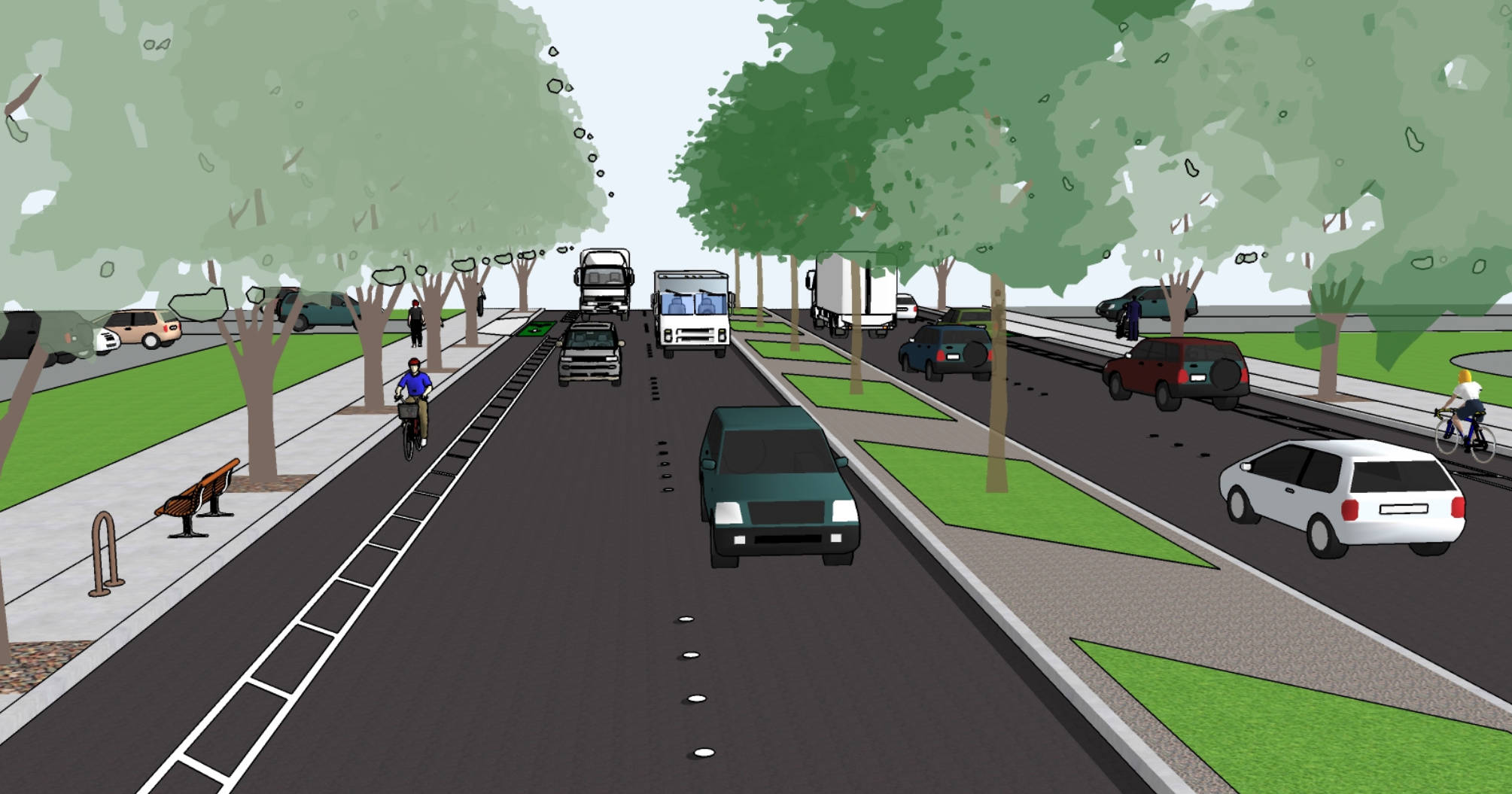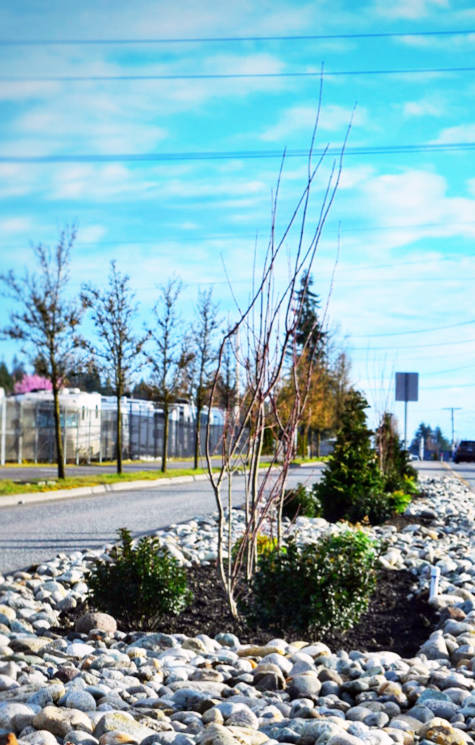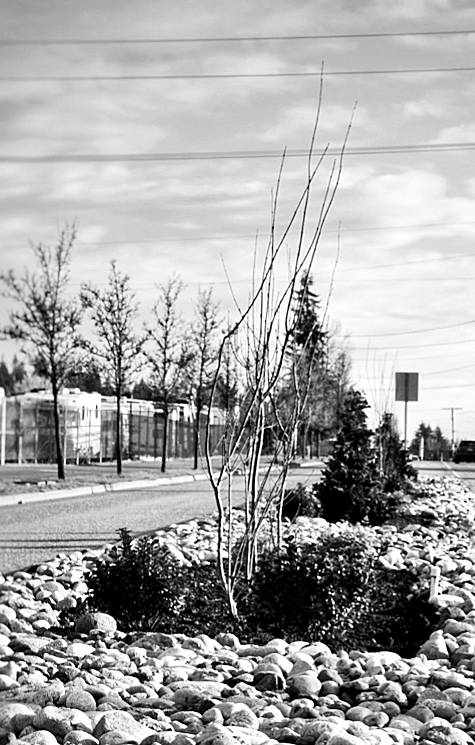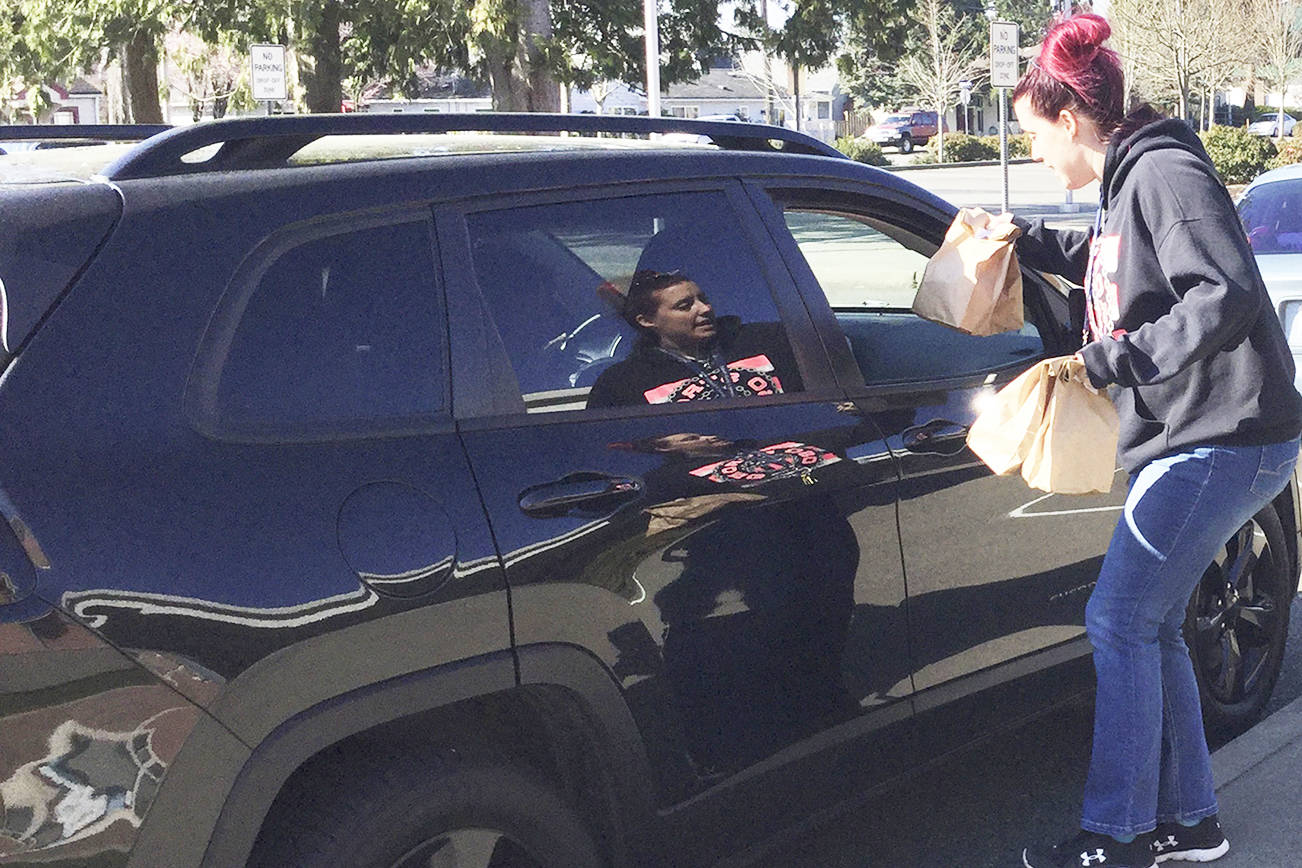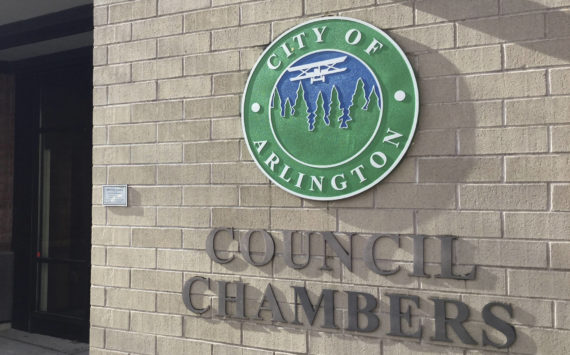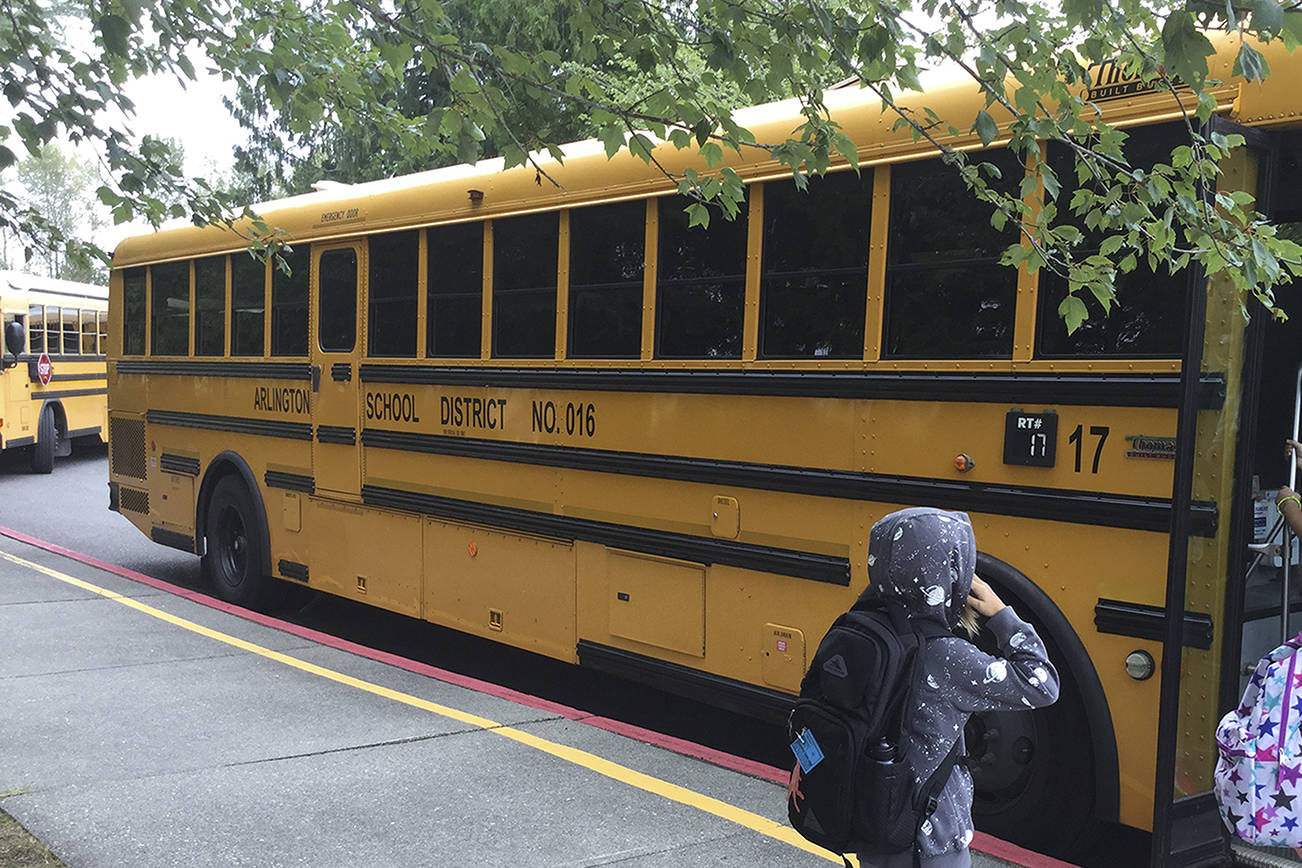ARLINGTON – While people’s love affair with their cars has been a way of life so ingrained in American society for decades, some communities are taking a second look at how people get around – from viewpoints other than a car window.
A new Arlington initiative, the Complete Streets project, aims to improve everyday life for Arlington residents through better development of streets, walkways and bicycle infrastructure.
“Too often, the focus is only on car transportation,” said Nova Heaton, development services manager in the city’s Community and Economic Development.
“Complete Streets are streets for everyone, no matter who they are or how they travel,” she said.
The program is designed to address the needs of all users when development and redevelopment of traffic corridors are proposed within the city, including people who drive, family and commuter cyclists, pedestrians, people with accessibility needs, and transit riders, Heaton said.
It also focuses on the aesthetics of local streets.
Arlington residents will have a chance to weigh in and help shape the program at an upcoming informational meeting.
The Complete Streets workshop is set for 5:30-7:30 p.m. Thursday, April 26 at Putnam Hall in the Arlington Airport Office, 18204 59th Ave. NE. The event is hosted by the city and Toole Design Group, a Madison, Wisconsin-based consultant that assists communities in developing Complete Streets plans.
“A Complete Street will look different depending on where it is,” Heaton said.
In a neighborhood, for example, sidewalks and traffic calming features that encourage lower speeds may be enough that bike lanes are unnecessary, she said.
On the other hand, she said, a busy, wide five-lane arterial such as 172nd Street NE east of Smokey Point Boulevard might benefit drivers, walkers and cyclists from a safety and visibility standpoint through the addition of bike lanes, wider sidewalks and planted median strips.
“Medians are a huge safety improvement,” Heaton said. “Plus, now you eliminate the left-hand turns, and we all know that is an issue on 172nd.”
Visually, she added, “We could use planted median strips and street trees to soften the image of the entryway into the city, and improve the look and feel of Smokey Point.”
Heaton said “get out and walk as a group” surveys are in the plans between now and May, as are meeting with the Arlington business community, and bike and pedestrian groups.
Next steps would also include developing a Complete Streets checklist and guidelines for future projects that the city and prospective investors can use, identifying priority projects and funding opportunities, and expanding the website.
Heaton said the 255-unit The Villas, a proposed multi-family senior housing project at 172nd Street NE and a future 40th Avenue extension is already planning to add a drop lane.
Heaton would also like to develop color-coded pedestrian and bike trail maps.
The Complete Streets philosophy also addresses other benefits, such as encouraging better health and exercise for young people with a high rate of obesity, “green” streets that promote a healthier environment, and social equity for transportation users.
For more information about the Arlington Complete Streets program, visit the website at http://arlingtonwa.gov.
